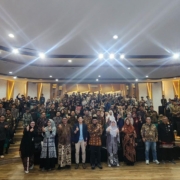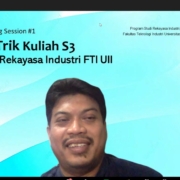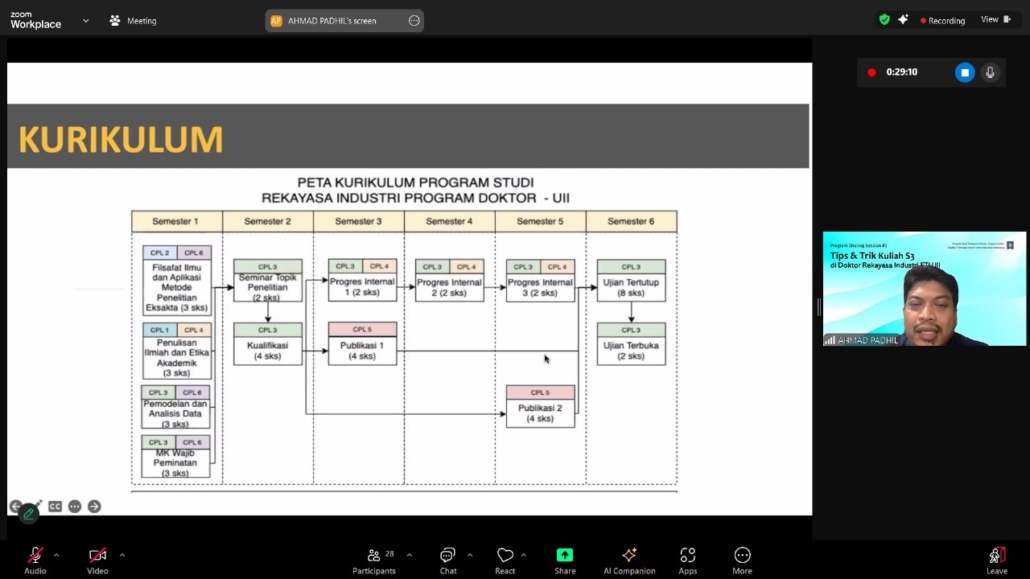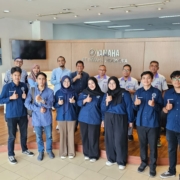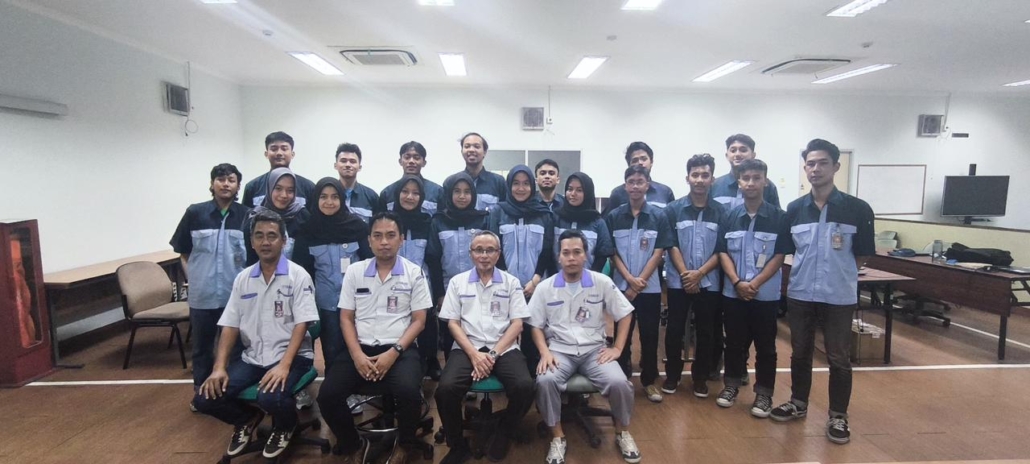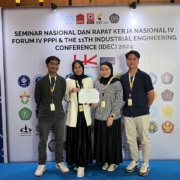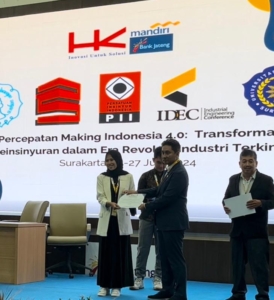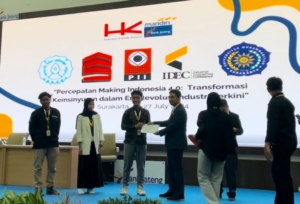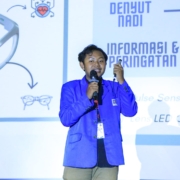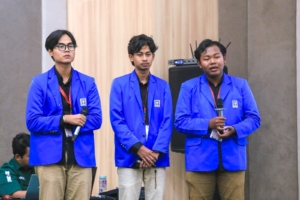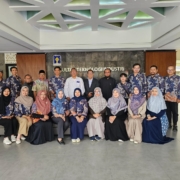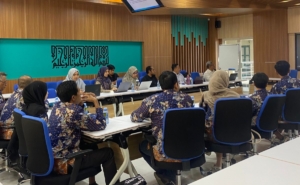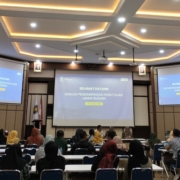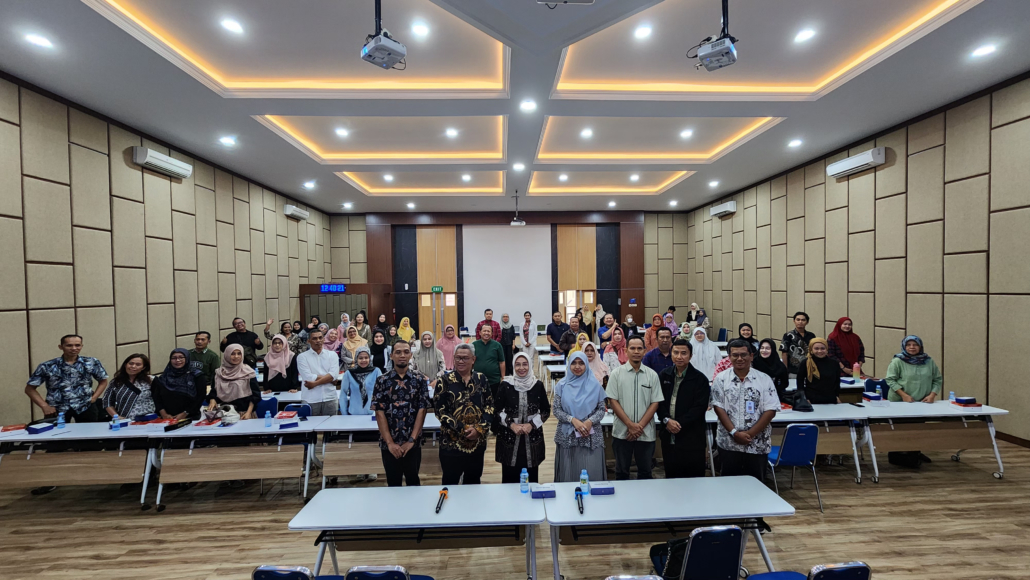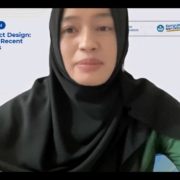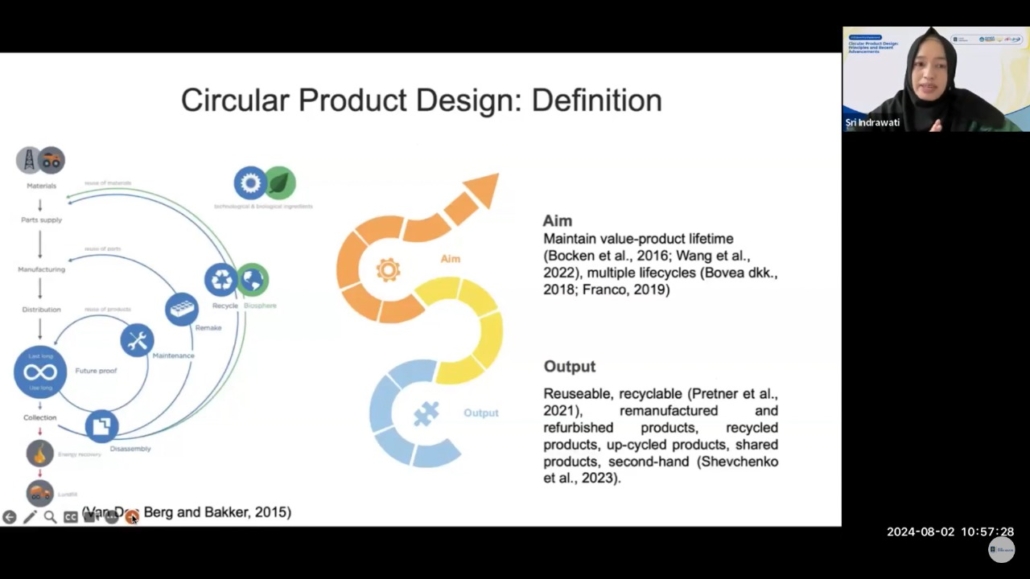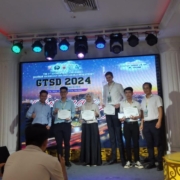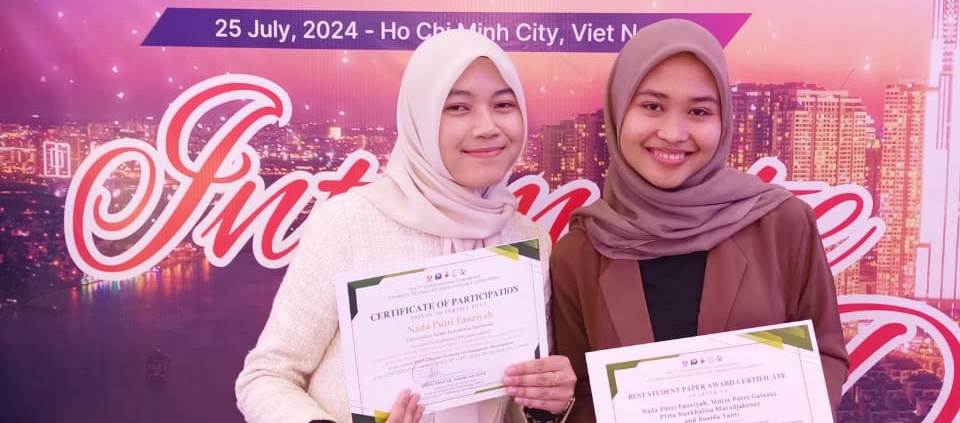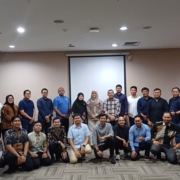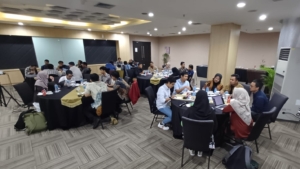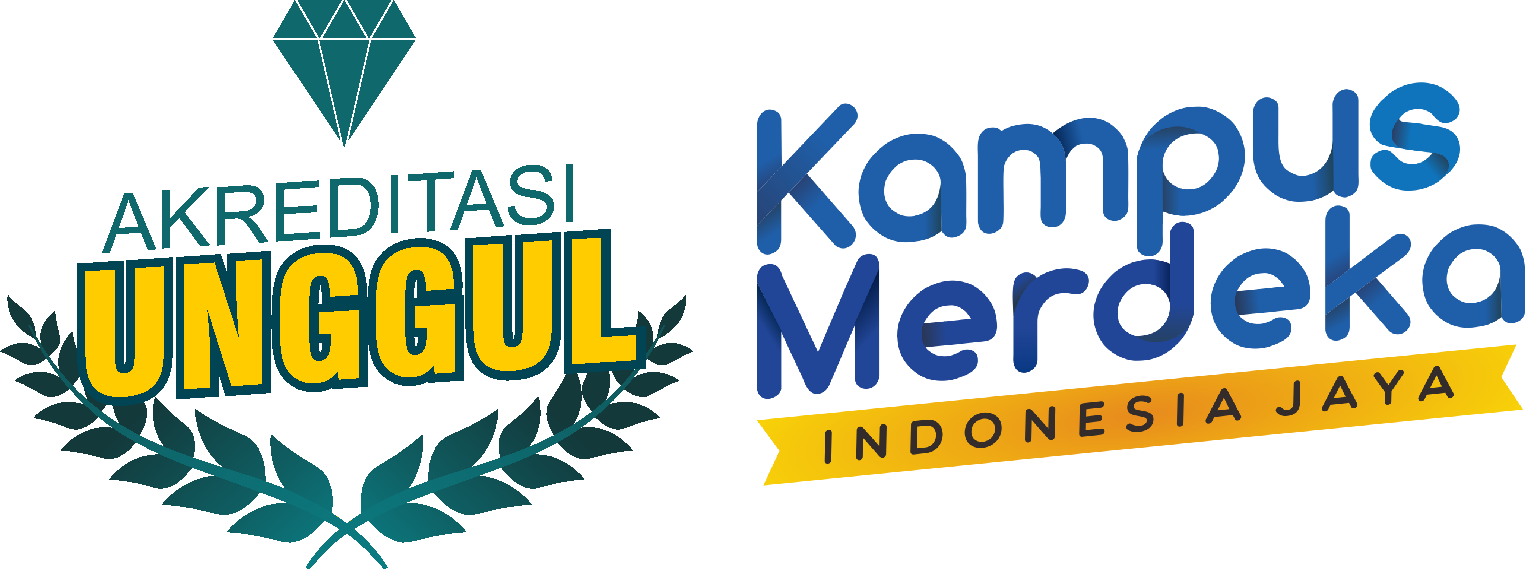The Industrial Engineering Study Program, Faculty of Industrial Technology, Universitas Islam Indonesia held an academic briefing for the new batch of 2024 students. The event took place on Monday (9/9) at the Public Lecture Building (GKU) Prof. Dr. Sardjito UII.
Pardiya S.T. and Anisa Nur Aini as MCs opened the series of events in the morning by reciting basmalah and reading the program schedule. This was followed by singing Indonesia Raya and UII Hymn together. Furthermore, there was a recitation of divine words by a student from the International Studies Program, Muataseem.
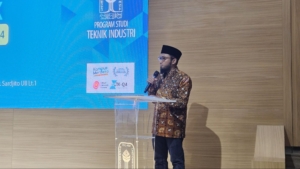
The Head of the Industrial Engineering Undergraduate Program, Ir. Muhammad Ridwan Andi Purnomo, S.T., M.Sc., Ph.D., IPM. welcomed and warmly welcomed the new students. “The breadth of our field of work requires us to be highly capable graduates. So when you all go to college, don’t just settle for lectures. At UII, there is a wide opportunity to challenge ourselves at the international level, so take advantage of it. Later, the lecturers here are ready to guide you so that you can ‘picnic’ abroad while honing our ability to get along in the international world,” he said in his speech.
The event then continued to the introduction session of lecturers majoring in Industrial Engineering. Annisa Uswatun Khasanah S.T., MBA, M.Sc led the introduction session of lecturers who will accompany students while studying at Industrial Engineering UII. Afterward, there was a group photo session.
Not to forget, Industrial Engineering UII also invited one of its alumni, Wahyu Kurniawan ST., M.Sc., MBA. from PT Pos Logistics Indonesia. He shared stories about his experience studying at Industrial Engineering UII in the past, as well as how life after graduating from college and entering the world of work later.
After alumni sharing, the event entered into a material delivery session regarding Regular S1 by the Secretary of the Undergraduate Program, Annisa Uswatun Khasanah S.T., MBA, M.Sc. She introduced various graduation schemes, collaborations, and facilities available at TI UII.
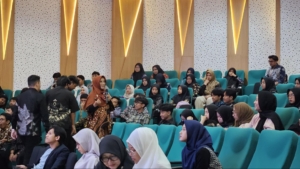
After that, there was a material presentation session about the S1 International Program by the Secretary of the International Program Study Program, Ir. Ira Promasanti Rachmadewi, M.Eng. She showed various benefits and facilities obtained when joining the International Program, starting from training / courses, university visits, and company visits both at home and abroad to provide international exposure to students. Furthermore, one of the IE IP students, Mohammed Bichara, who is also the President of IP Community UII, gave a welcoming speech to the new students.
Then, the material delivery session continued about S2, Fast Track, and Double Degree by the Head of the Master Program Study Program, Ir. Winda Nur Cahyo, S.T., M.T., Ph.D. “Now, if you want to succeed, it is not enough just to run, but we need to accelerate by running faster. One of them is the fast track program at TI UII,” he explained.
After all the material was delivered, the MC guided the question and answer session. The new students expressed their curiosity about Industrial Engineering UII. Finally, the debriefing activity was completed with a quiz session with prizes.
Salwa Nur Rahma

